Rwandan Minister of Foreign Affairs Olivier Nduhungirehe on Friday announced that tensions between Burundi and Rwanda are beginning to ease, with both countries making significant strides toward de-escalation and mutual understanding. Nduhungirehe expressed optimism about the ongoing diplomatic engagements between the two nations, which have been marked by years of conflict and mutual accusations.
“Rwanda and Burundi are on a good path to de-escalation and common understanding, following ongoing engagements between the authorities of the two countries,” Nduhungirehe said in a statement on X (formerly Twitter).
Nduhungirehe’s statement highlighted the hope that March 2025 would bring a renewed momentum for peace, not only between the two countries but also in the broader region. The announcement of a joint East African Community (EAC) and Southern African Development Community (SADC) ministerial meeting on March 17 in Harare, Zimbabwe, to discuss cessation of hostilities and humanitarian access in the eastern Democratic Republic of Congo (DRC), further fueled expectations of a peaceful resolution to the ongoing regional conflict.
While acknowledging the complexities of the DRC conflict, Nduhungirehe expressed cautious optimism about the “direct negotiations” between the DRC government and the M23 rebel group, despite DRC President Félix Tshisekedi’s previous reluctance to honor similar agreements. He also called for external actors to support the African-led peace process without interfering in ways that could undermine its progress.
Relations between the two neighboring East African countries have been strained for years, particularly since the failed coup attempt in Burundi in 2015. Burundi accused Rwanda of harboring coup plotters and supporting insurgents, while Rwanda has long claimed that Burundi supports the FDLR, a rebel group linked to the Rwandan genocide of 1994.
Recently, tensions have escalated once again due to the conflict in eastern DRC, where Burundi and the international community have accused Rwanda of supporting the M23 rebel movement, an allegation that Rwanda has consistently denied.
In the face of regional uncertainty, Burundi has remained on high alert, fearing a possible attack from Rwanda. However, Gaspard Baratuza, spokesperson for the Burundi National Defense Forces (FDNB), sought to reassure the public in February, saying that the country’s borders are secure and the internal situation remains calm. Speaking on Burundi National Radio, Baratuza emphasized the nation’s vigilance and commitment to national security, noting that while the situation is stable, the military is prepared for any potential threat.
“Burundians are farming and harvesting peacefully. Overall, security is well maintained, and there’s nothing unusual to report,” Baratuza said. “We do not rest; we stay vigilant while others enjoy peace.”
In light of rising regional tensions, President Evariste Ndayishimiye has also been vocal about the situation. Earlier this year, he warned that the conflict in eastern DRC could spill over into a regional crisis, urging Burundians to remain alert and prepared for any provocation. However, he also reassured the public that following discussions with Rwanda’s partner countries, the likelihood of an imminent attack had diminished.
In a statement posted on X in February, President Ndayishimiye called for continued vigilance but assured Burundians that the perceived threat from Rwanda was receding. “After the discussions I had with Rwanda’s partner countries, those who were expecting to profit from Rwanda’s attack on Burundi should wait in vain,” he said. Ndayishimiye did not disclose the venue or the countries involved in the discussions.
Despite the calming rhetoric, Ndayishimiye emphasized that Burundi must remain prepared. “Whoever provokes us, we will respond in kind,” he warned, signaling his commitment to defending Burundi’s sovereignty while underlining the importance of vigilance.

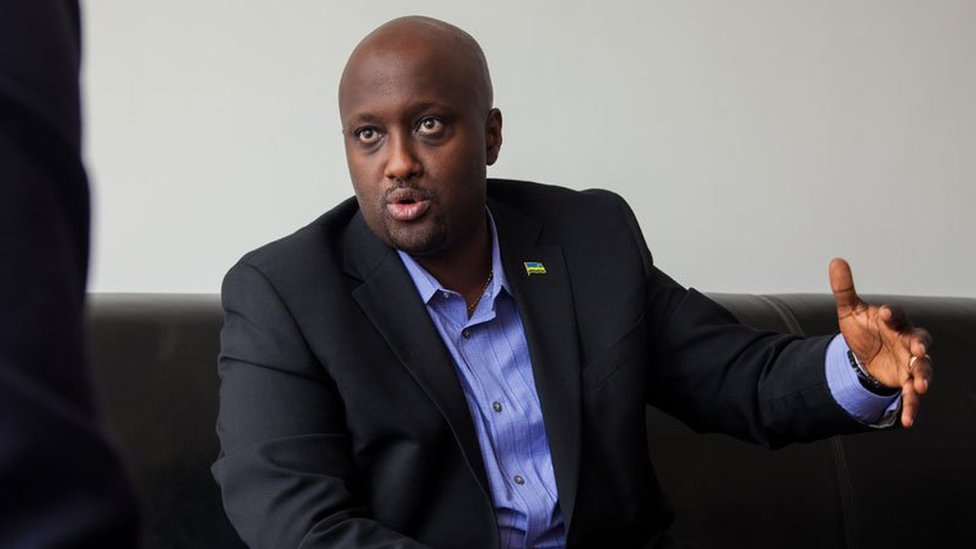
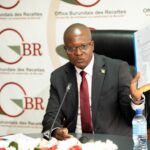
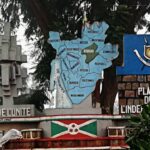
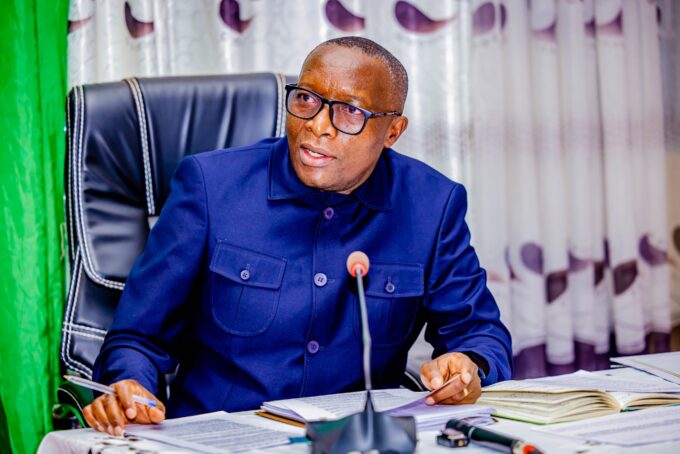
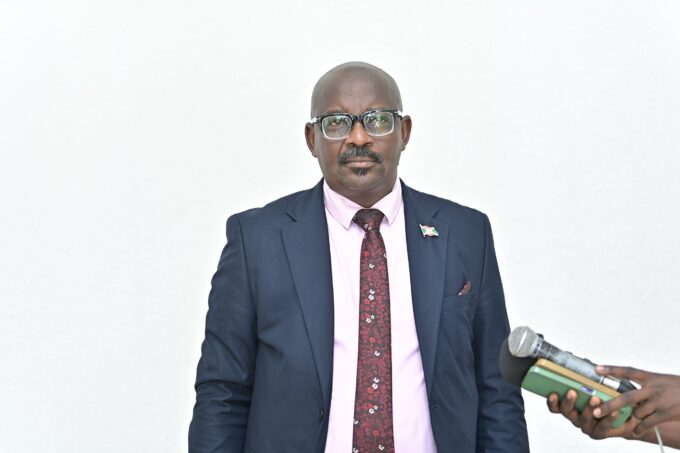
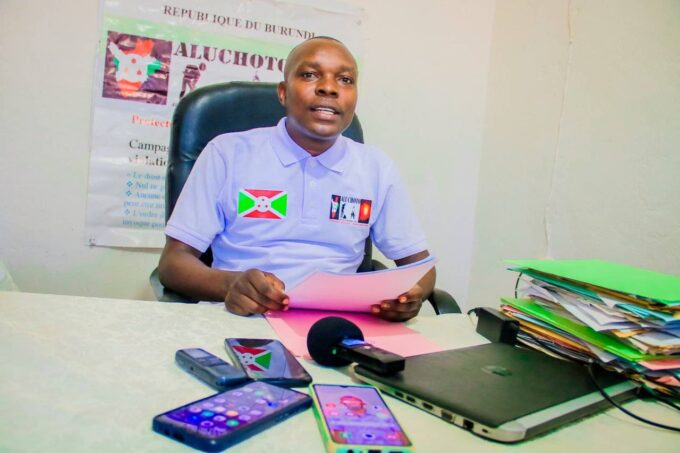
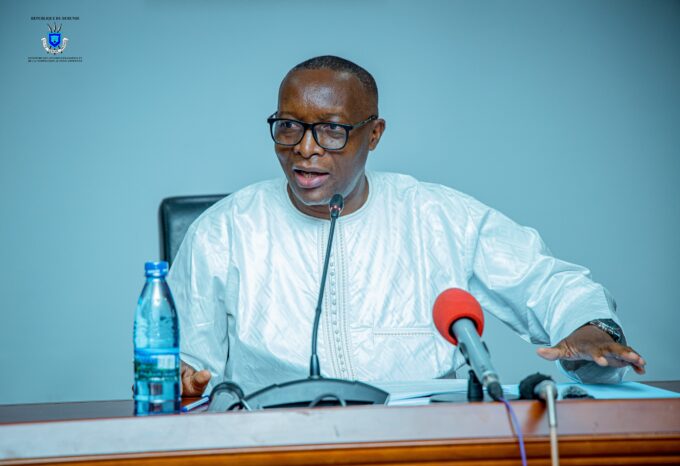
Leave a comment